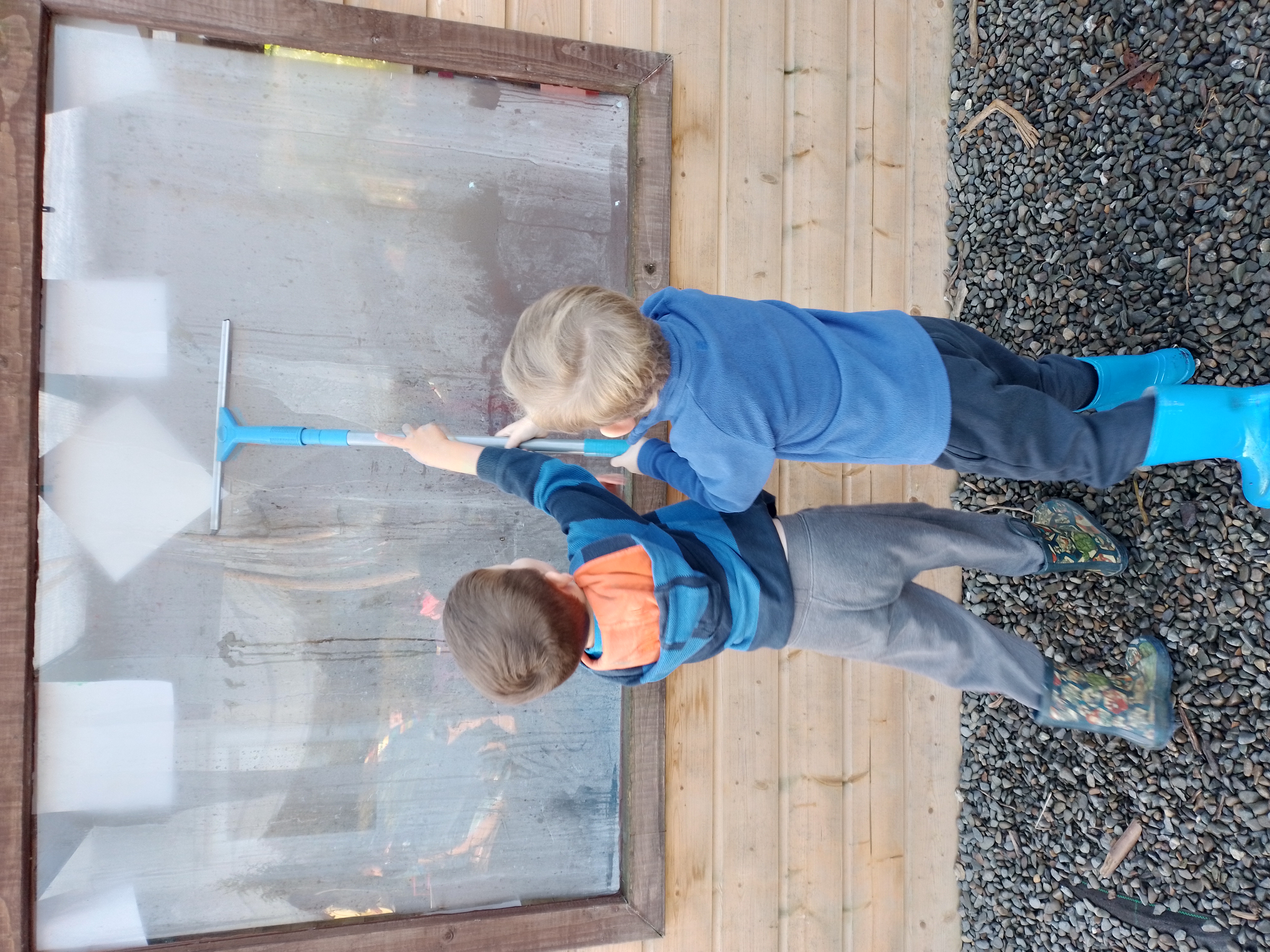
A helping Hand
The Montessori method places great emphasis on the importance of taking care of our environment. This focus on environmental awareness and sustainability is an integral part of Montessori education, and it has a profound impact on the way children learn and interact with the world around them.
One of the core principles of the Montessori approach is respect for the environment. This includes everything from the natural world, to the built environment, and to the materials and tools that we use in our daily lives. Montessori classrooms are designed to be beautiful and harmonious spaces that are filled with natural materials and resources that encourage exploration and discovery.
Montessori classrooms are also structured to encourage independence and responsibility in children. This includes teaching them how to care for their environment. Children learn how to clean up after themselves, take care of plants, and even help with recycling and composting. These activities help to instill a sense of responsibility and stewardship, and they also help to foster a connection with nature and the world around them.
Another key component of Montessori environmental education is the idea of sustainability. Children are taught about the importance of conserving resources, reducing waste, and using materials in a responsible and sustainable way. This includes everything from using reusable containers for snacks, to conserving water and electricity, to recycling and upcycling materials in creative ways.
Montessori teachers also work to integrate environmental education into other areas of the curriculum. For example, children might learn about the lifecycle of plants in a science lesson, and then use this knowledge to plant and care for their own classroom garden. They might also learn about the importance of biodiversity in a social studies lesson, and then go on a nature walk to observe and identify different plants and animals in their local ecosystem.
In conclusion, the Montessori approach to environmental education is an important and valuable aspect of the overall educational experience. By instilling a sense of respect, responsibility, and sustainability, Montessori classrooms help children to develop a deeper connection with the world around them, and to become active and engaged citizens who are committed to making a positive impact on their communities and the environment.